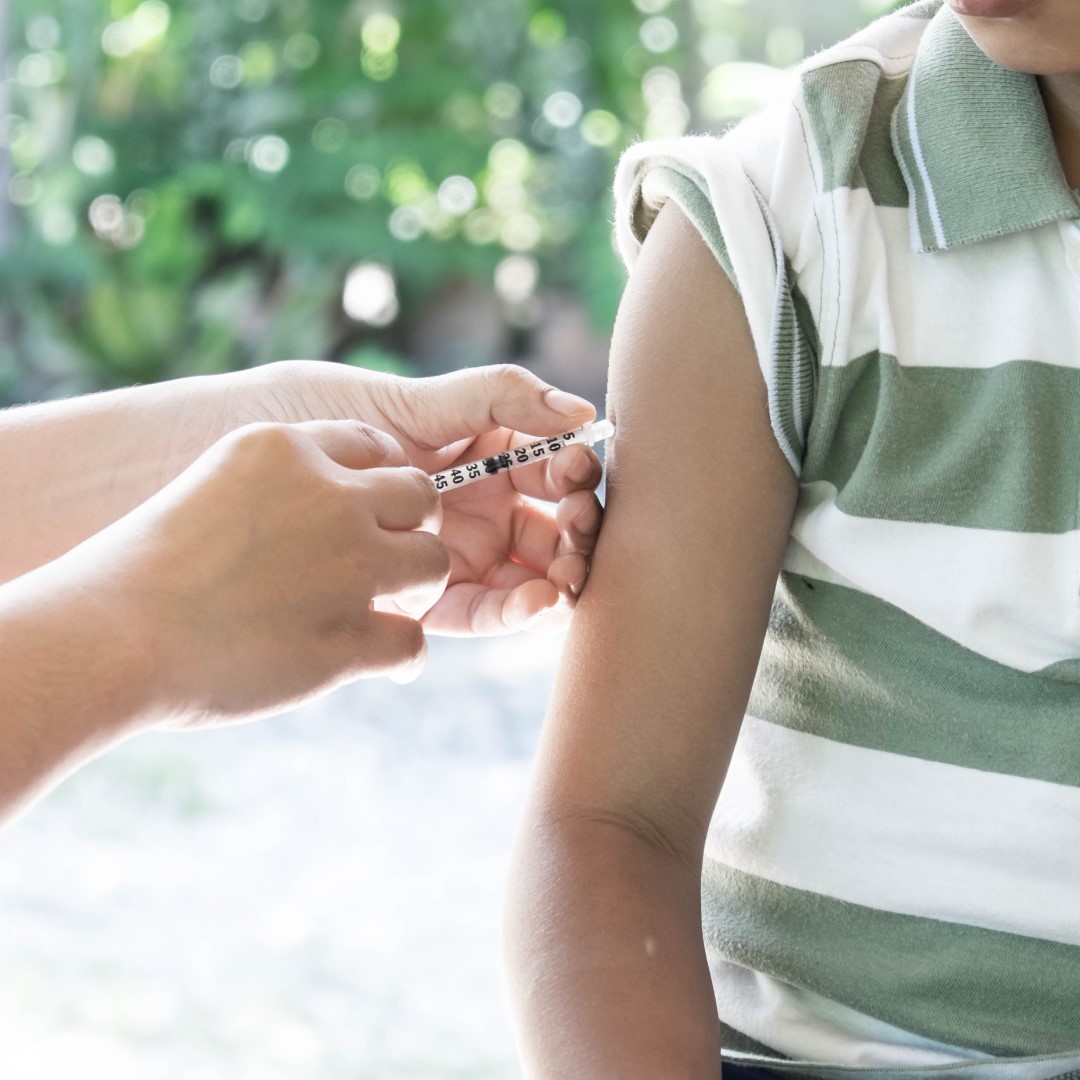
Indiana Department of Health Confirms First Case of Measles In 2025
On Apr. 7, 2025, The Indiana Department of Health (IDOH) reported the first laboratory confirmed case of measles in Indiana this year. The case is in an unvaccinated minor in Allen County, and state and local public health officials are working together on the investigation and to confirm any additional cases.
The patient is stable and recovering, and no other information will be released to protect patient privacy. This is the first case in Indiana since measles was confirmed in a Lake County resident in early 2024.
While the risk to the general public is low, measles is an easily spread respiratory disease caused by a virus. As of April 3, the Centers for Disease Control and Prevention (CDC) has reported a total of 607 confirmed cases in 22 jurisdictions across the United States.
Because measles is so easily spread, a single case is considered an outbreak. When infected people sneeze or cough, droplets spray into the air. Those droplets remain infective in the air and on surfaces for up to two hours.
More than 93 percent of people who receive a single dose of MMR will develop immunity to measles, and more than 97 percent will be protected after receiving a second dose. Two doses of the vaccine are needed to be fully protected. Individuals are encouraged to check with their healthcare providers to ensure vaccinations are up to date. Individuals born before 1957 are presumed to be immune to measles.
Children are routinely vaccinated for measles at 12-15 months, and again at 4-6 years of age before going to kindergarten, but children as young as 6 months old can receive the measles vaccine if they are at risk.
If you are experiencing the symptoms of measles, stay home and call your healthcare provider right away before going to the doctor’s office. Be prepared to describe your symptoms and alert your doctor if you think you have been in contact with an infected person. If you are ill with measles, stay home and away from others, especially unvaccinated infants, people with diseases affecting their immune systems, and pregnant women
Tags:
Source: Indiana Depatyment of Health
Credit:
